Factors affecting die casting machine cost mainly include the following aspects:
- Mold Cost
- Metal Material Costs
- Production volume and economies of scale
- Equipment and energy costs
- Process control and operating costs
- Material handling and post-processing costs
Die casting is a very popular manufacturing process in the automotive, aerospace, and energy industries. Despite its popularity, the cost of die casting is also a major concern.
Understanding the factors that influence the cost of die – casting machines is vital for making informed decisions that balance cost and performance.
This article will introduce the cost of die casting and its influencing factors.
By considering these factors, manufacturers can optimize their investment and achieve long – term cost – effectiveness and operational efficiency.
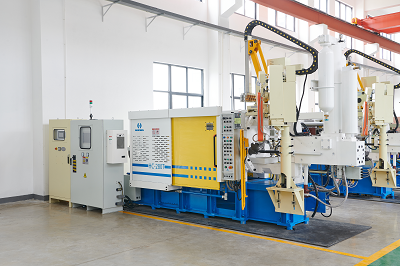
Mold Cost
- The mold is one of the most important components of the die casting process, and its design and manufacturing costs directly affect the cost of the entire die casting process.
- The complexity of the mold, the choice of materials, and the precision of manufacturing all significantly affect the cost of the mold.
- For example, the higher the complexity of the mold, the higher its cost, especially if the mold needs to be finely machined or meet specific tolerances.
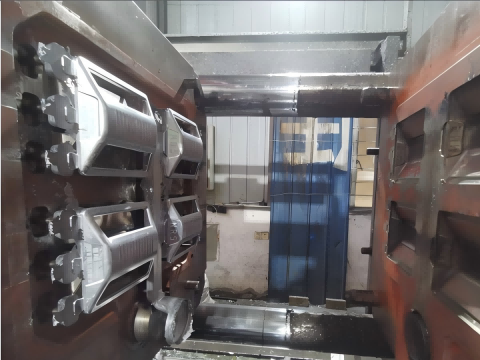
Metal Material Costs
- Die casting uses a variety of metal materials, including aluminum, zinc and magnesium.
- The properties of different metals, such as melting point, density, corrosion resistance and strength, affect the choice of material and the amount of material used, and thus the total cost.
- For example, aluminum is relatively inexpensive and suitable for high-volume production, while brass and bronze are more expensive and may increase manufacturing costs.
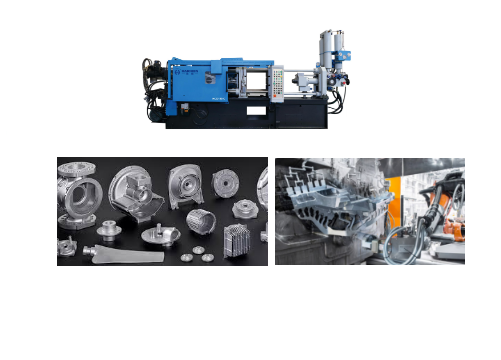
Production volume and economies of scale
- Die casting is a high-volume production process, so the scale of production has a significant impact on cost.
- As production volume increases, the amortized cost of the tooling decreases, thereby reducing the cost per part.
- However, small production runs result in higher amortized cost of the tooling, making the die casting process uneconomical in small production runs.
Equipment and energy costs
- The initial investment and operating costs of the die casting machine and its ancillary equipment are also important considerations.
- Large die casting machines typically require higher energy consumption, and fluctuations in energy prices can also affect production costs.
- In addition, the cost of maintenance and repair of the equipment needs to be taken into account.
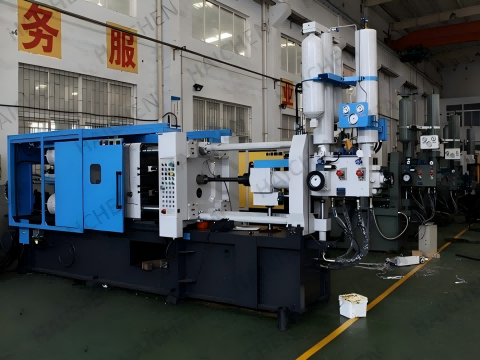
Process control and operating costs
- Process control in the die casting process (e.g., regulation of temperature, pressure, and speed) as well as the labor cost of the operator also affect the total cost.
- A production line with a higher degree of automation can reduce labor costs, but the initial equipment investment is higher.
Material handling and post-processing costs
- Post-processing of die castings (e.g., trimming, polishing, and surface preparation) can also add additional costs.
- Complex designs and fine surface requirements may require additional post-processing steps, which can increase the total cost.
Detailed Cost Breakdown
- Mold Cost
- Material Cost
- Production Scale & Machine Choice
- Energy & Operating Costs
- Process Control & Post-Processing
Mold Cost
The mold is central to part cost. Its cost depends on design complexity, steel grade, cooling system, and surface finish. Complex or multi-cavity molds cost more upfront but greatly lower the cost per part at high volumes.
Material Cost
Raw material prices for alloys like aluminum and magnesium affect production cost. Process efficiency also matters—the size of runners, yield rate, and scrap recycling all change how much material is actually used.
Production Scale & Machine Choice
The required output decides the machine size and features. High output needs higher-performance machines (more clamping force, servo drives), which cost more initially. But they pay back faster by reducing cycle time, energy use per part, and labor.
Energy & Operating Costs
Machine energy use comes mainly from the furnace, hydraulics, and cooling. Machine efficiency, standby power, and cycle time decide long-term electricity costs. Hydraulic oil, release agents, and regular maintenance are also ongoing expenses.
Process Control & Post-Processing
A stable process minimizes scrap, saving material and energy. Better casting quality (smoother surface, more accurate dimensions) can reduce or remove later steps like machining or polishing.
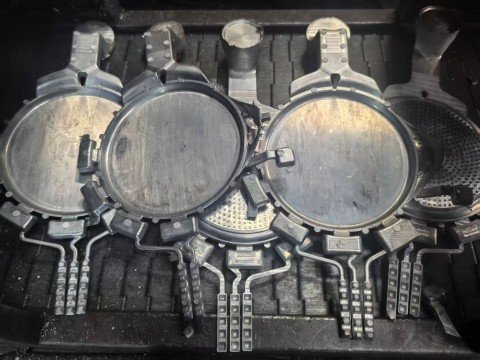
Haichen die casting machine supplier
Haichen is a professional manufacturer of die casting machines, including cold chamber die casting machines and hot chamber die casting machines. We provide many types of die casting machines and related solutions.
Case Study: Lowering Cost for a Large Structural Part
A customer making battery trays for new energy vehicles faced high equipment investment and production costs for a new line.
HAICHEN Solution
We proposed an HAICHEN 8800-ton mega casting cell to make the part in one piece, replacing dozens of stamped parts and fasteners. While the machine investment was high, this solution:
- Cut welding and joining steps by 95%.
- Improved material use by about 15%.
- Increased production speed to over 3 times that of the traditional method.
Cost Result
Overall calculation showed the mega casting solution reduced the total production cost per battery tray by about 22%. The machine investment paid for itself through savings in an estimated 18 months, greatly improving the project’s economics and competitiveness.
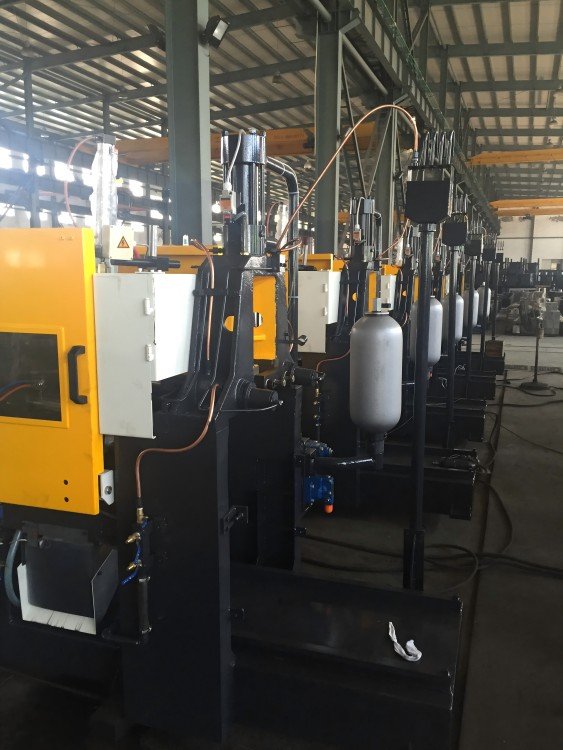
Haichen’s die casting machines offer rapid production cycles, making them ideal for large-scale manufacturing. The machines are designed to maximize productivity, with features like automatic mold adjustment and fast metal injection rates.
The cost of a die casting machine is influenced by its size, technology, type, brand, location, and the intended production volume. By carefully evaluating these factors, businesses can select a machine that meets their needs while providing a good return on investment.



